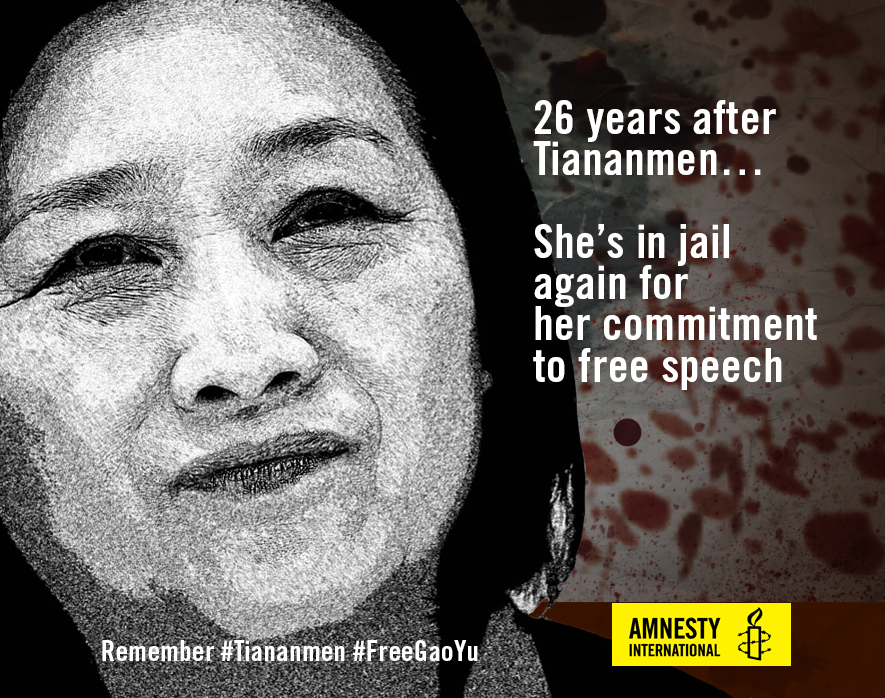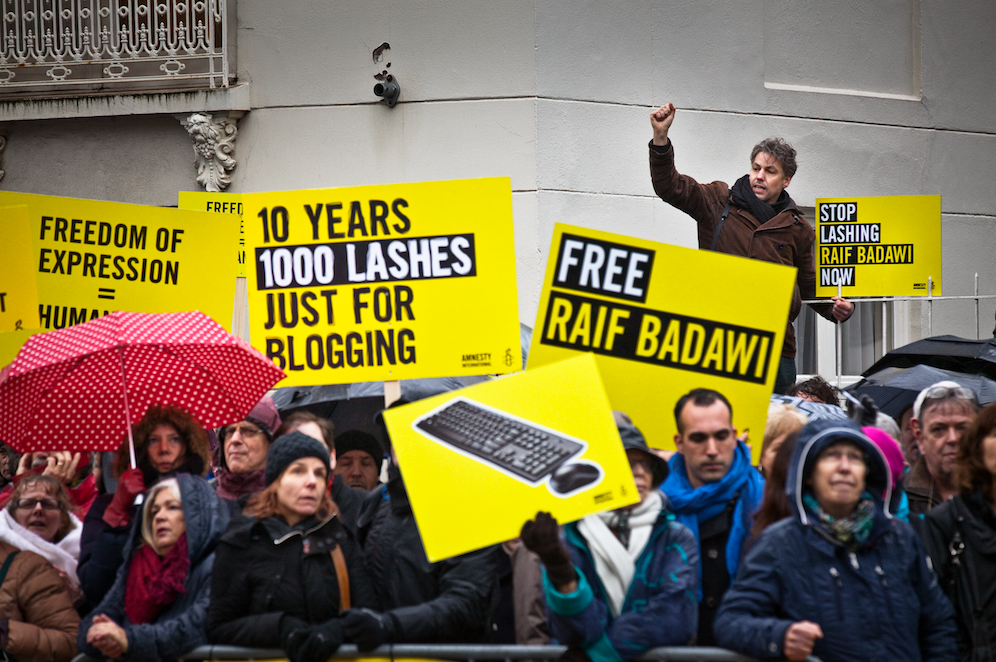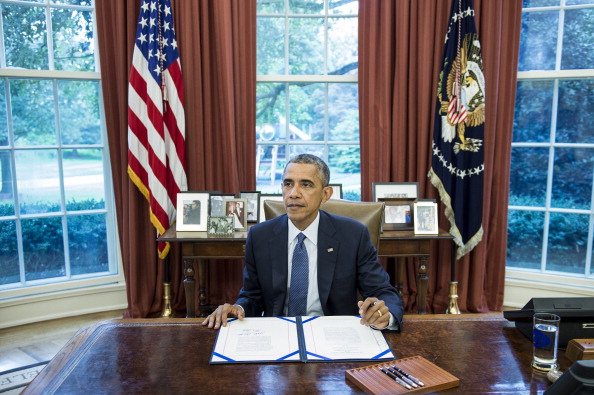
(BRENDAN SMIALOWSKI/AFP/Getty Images)
This blog is part of a series on human rights in the State of the Union address. The United States has an obligation to pursue policies that ensure respect for human rights at home and around the world. Follow along and join the conversation using #SOTUrights.
By Adotei Akwei and Cindy Tsz-nga Ko
On Tuesday January 20, President Obama will have an opportunity to address the nation and underscore the priorities for his administration in 2015. Much of the speech is expected to focus on domestic economic issues but the White House has also indicated that issues such as policing in the United States, immigration reform, closing Guantanamo and violent extremism will also be addressed. Given that a key the underlying theme connecting these issues is human rights, the central question is whether the Obama administration will shape foreign policy that will help build a safer world where rights are respected, protected and fulfilled.
The President’s framing of key human rights concerns in this evening’s State of the Union address may be an indication of whether or not the Obama administration will use 2015 to champion human rights, as so many hoped, or whether he will pursue misguided policies that sideline human rights in the name of security. SEE THE REST OF THIS POST


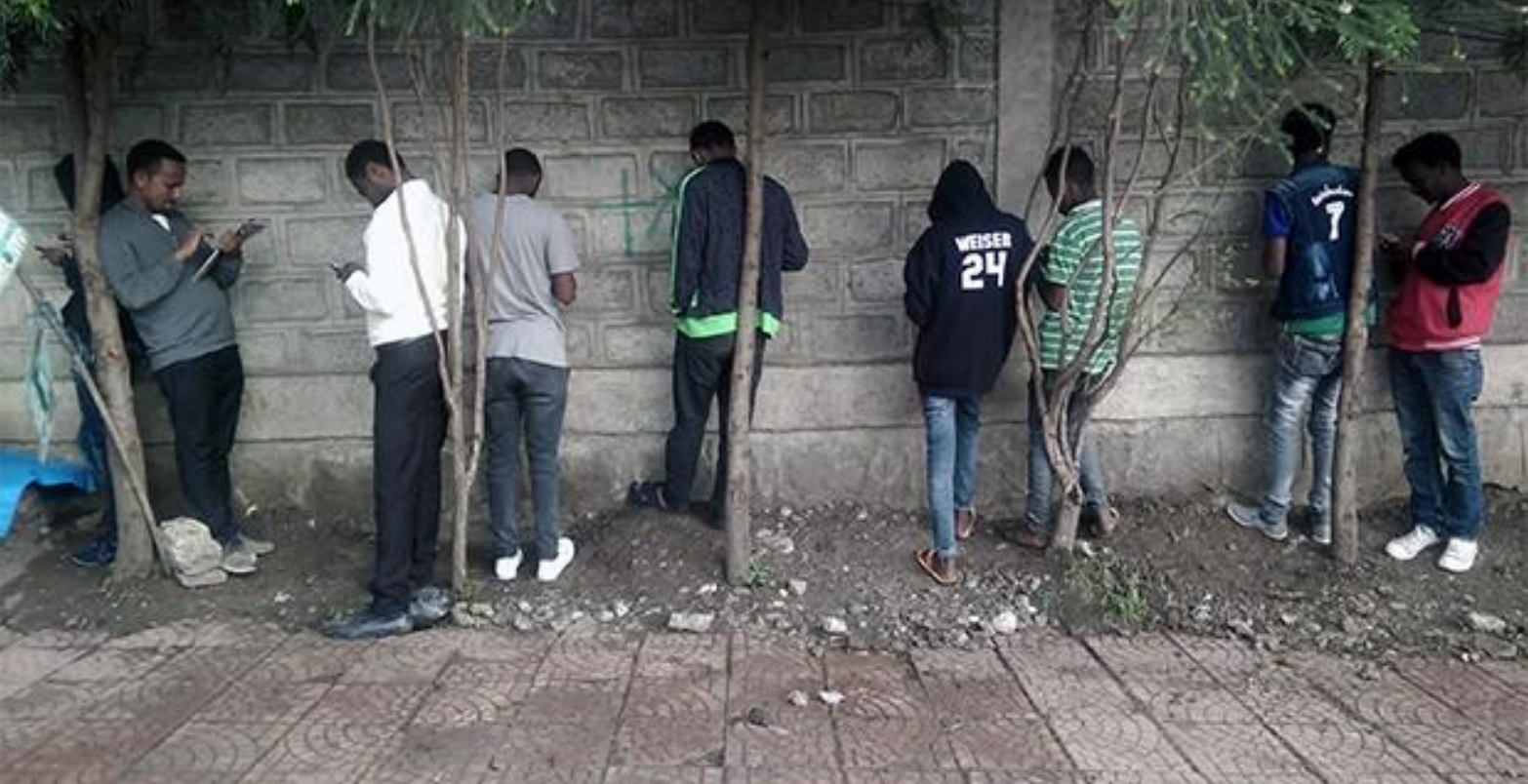
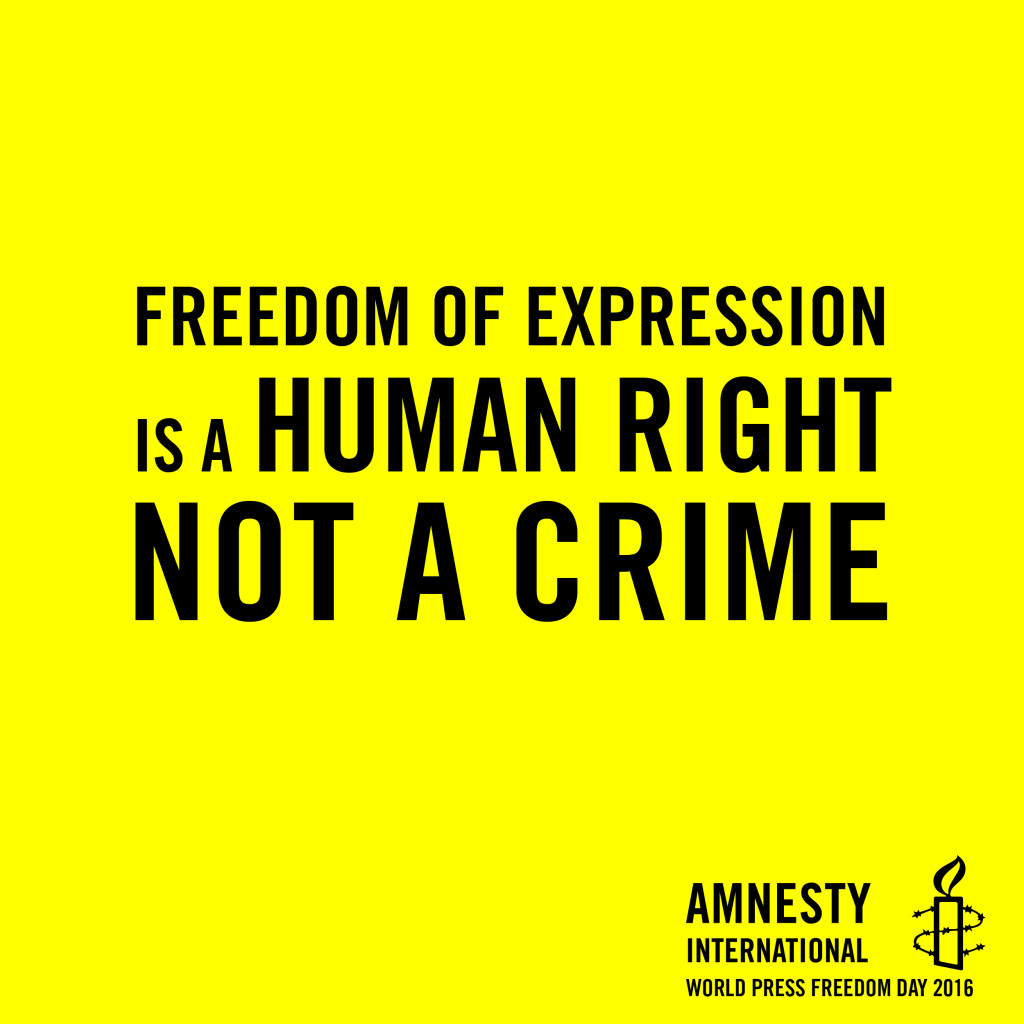
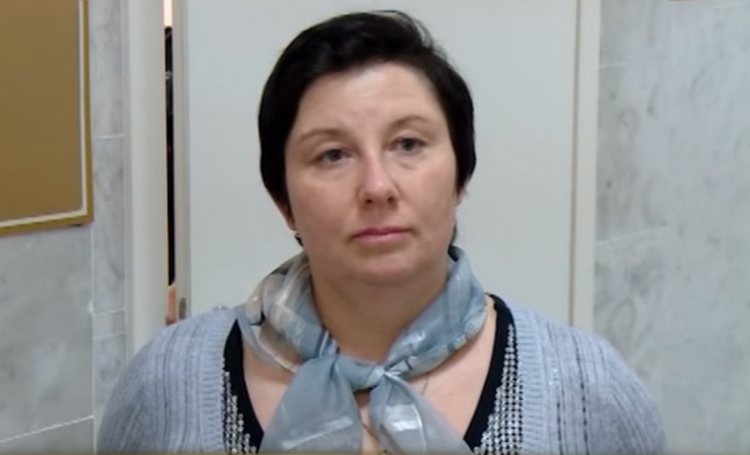 By Courtney Dobson, Country Specialist for Russia at Amnesty International USA.
By Courtney Dobson, Country Specialist for Russia at Amnesty International USA.